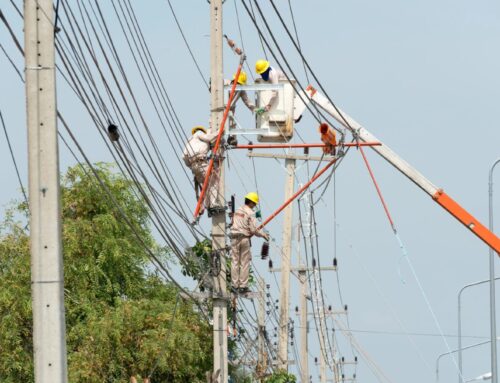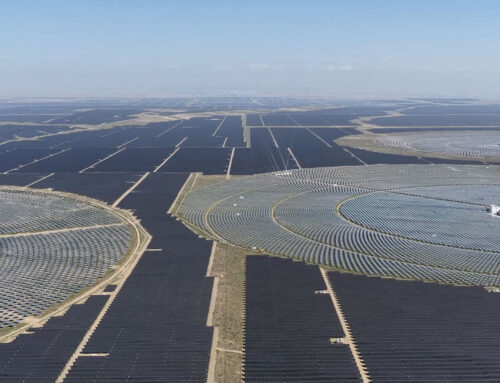Environment Minister heads to Brazil for key pre-COP talks
October 12, 2025
Union Environment Minister Bhupender Yadav will attend the pre-COP meeting in Brasília on October 13 and 14 as India steps up preparations for the U.N. climate summit COP30, which will be held in Belém, Brazil, in November.
The Minister confirmed his travel on his X account.
The two-day pre-COP brings together environment and climate ministers, senior negotiators and observers to narrow differences on politically sensitive topics and try to build ministerial consensus ahead of the U.N. climate conference.
The COP30 presidency earlier said that the Brasília meeting is expected to host between 30 and 50 delegations and roughly 800 participants.
Precursor
Ministers use pre-COPs to test negotiating text, identify shared ground on sensitive matters and prepare ministerial positions so that negotiations at the main COP can advance faster.
Pre-COPs are not formal UNFCCC events but have become routine host-country instruments to focus ministerial attention on a short list of political questions that negotiators otherwise take weeks to resolve.
COP30 is taking place against a complex geopolitical backdrop, with the United States withdrawing from the Paris Agreement and several developed countries reassessing their climate strategies amid economic and energy security pressures.
In the run-up to the annual climate meeting, disagreements over climate finance, the pace and responsibility for the energy transition and burdens on developing countries remain sharp.
Concerns remain
Trust between developed and developing countries remains weak after COP29 in Baku, Azerbaijan, where many in the Global South said the finance outcome fell short of needs and expectations.
At the core of this divide are disagreements over the scale and nature of climate finance, whether it should be provided as grants or loans and how predictable and usable new funds will be for adaptation and loss and damage.These finance tensions are central to what delegates will debate in Brasília and later in Belém.
Practical logistics are also adding strain to the politics. Reports have highlighted shortages of hotel beds and steep room rates in Belém, raising fears that smaller delegations and vulnerable countries could face barriers to full participation.
Observers warn that if attendance is skewed towards wealthier parties, negotiating dynamics could be affected and the legitimacy of outcomes may be questioned.
Observers also expect heated work on climate finance and the post-2025 collective finance goal, debate over rules and integrity for international carbon trading under Article 6, stronger attention to adaptation including national adaptation plans and discussions on how to translate the Global Stocktake into timebound action.
Loss and damage finance and how to make it predictable and accessible will also be high on the agenda. These are the issues that Ministers are likely to try and narrow in Brasília.
Ahead of COP30, India has emphasised equity and differentiated responsibilities, pressed developed countries to meet their Article 9 obligations on finance, sought predictable and concessional support for adaptation and loss and damage and flagged that technology transfer and capacity building must respect national circumstances.
India has also underlined the need for a just energy transition that keeps space for development.
India plans to release updated climate plan
The most populous country and the third largest carbon emitter plans to submit two important documents ahead of or at COP30: an updated Nationally Determined Contribution (NDC) (or national climate plan to meet Paris Agreement goals) extending commitments to 2035 and India’s first national adaptation plan (NAP).
The updated NDC is expected to upwardly revise the three core targets in India’s existing pledge: reducing emissions intensity of GDP, increasing the share of non-fossil electricity capacity and expanding carbon sinks through forests and tree cover.
Sources in the environment ministry earlier said that the updated plan is unlikely to introduce any new pledge but will raise ambition where feasible, conditional on finance and technology support.
India has already exceeded its target for share of installed capacity from non-fossil sources ahead of the 2030 deadline.
The country will also be attentive to outcomes on carbon markets and accounting, where poorly designed rules could shift burdens or create perverse incentives.
Published – October 12, 2025 10:51 pm IST
Search
RECENT PRESS RELEASES
Related Post







Email
SEE ALL
Remove